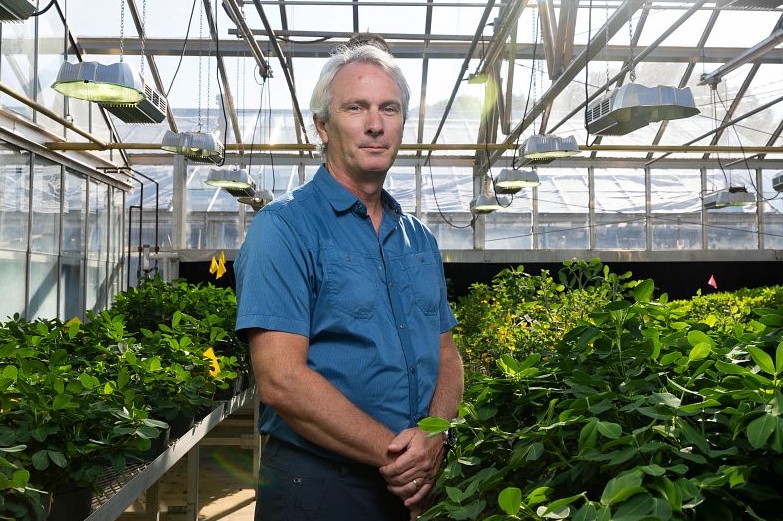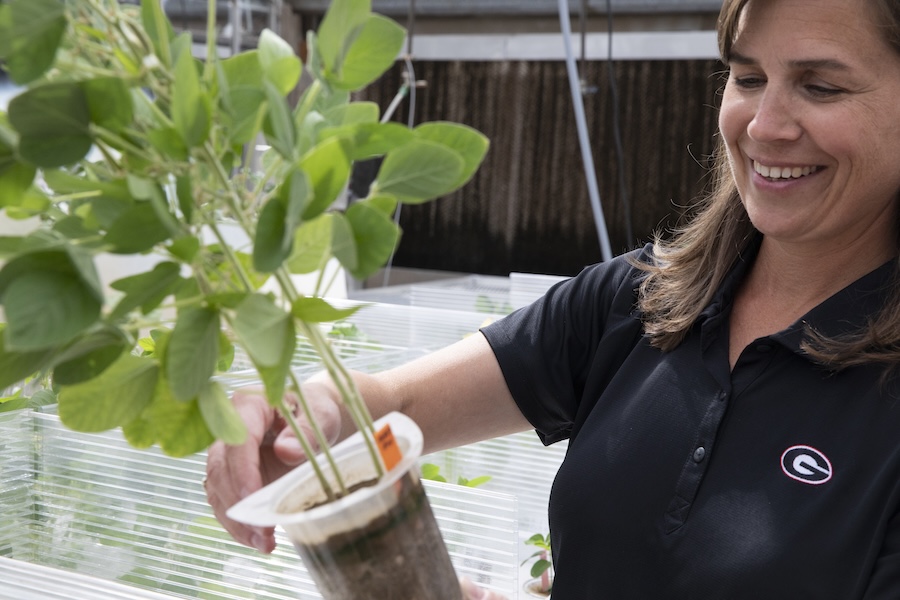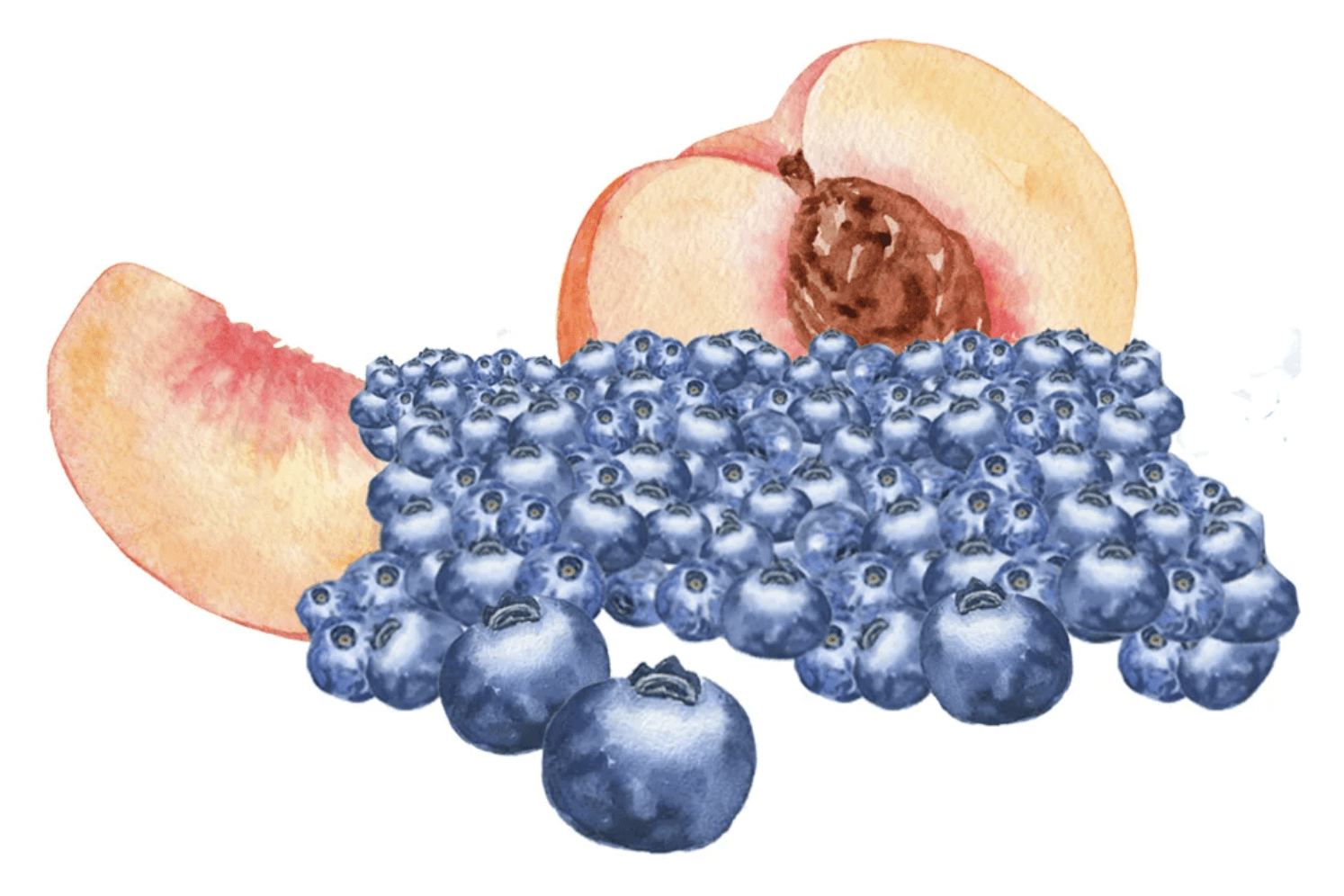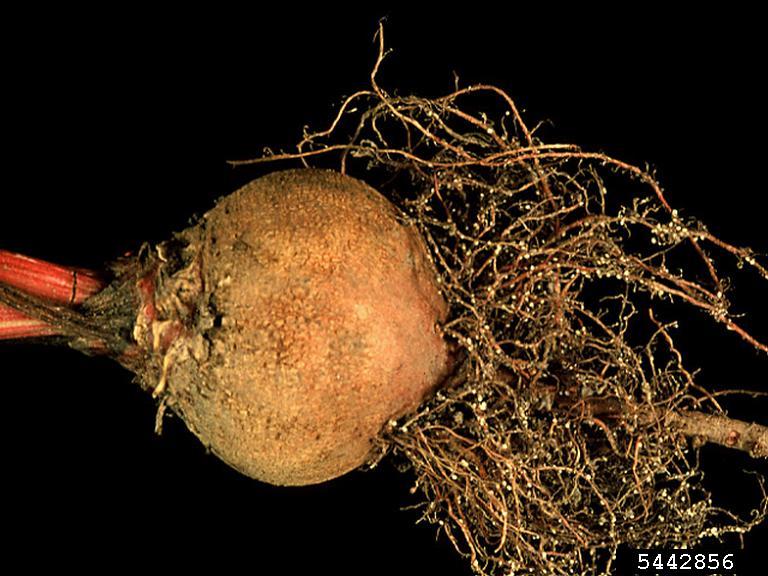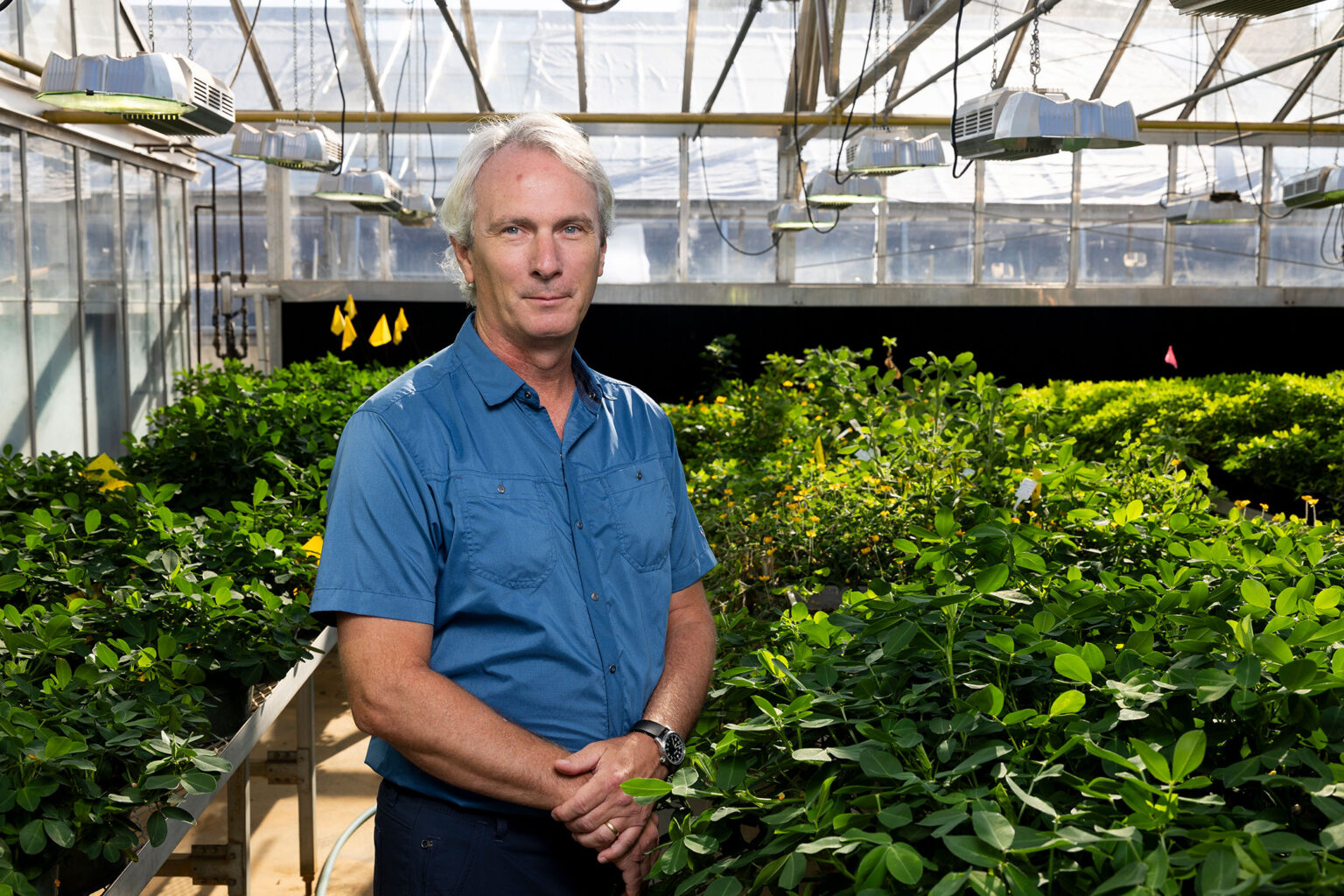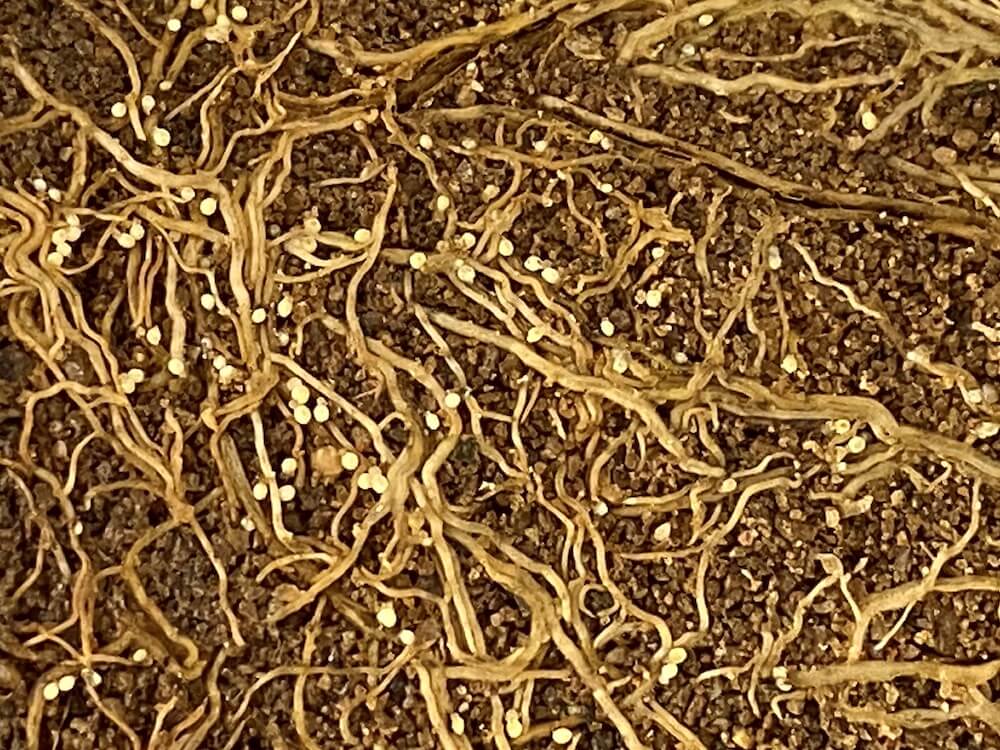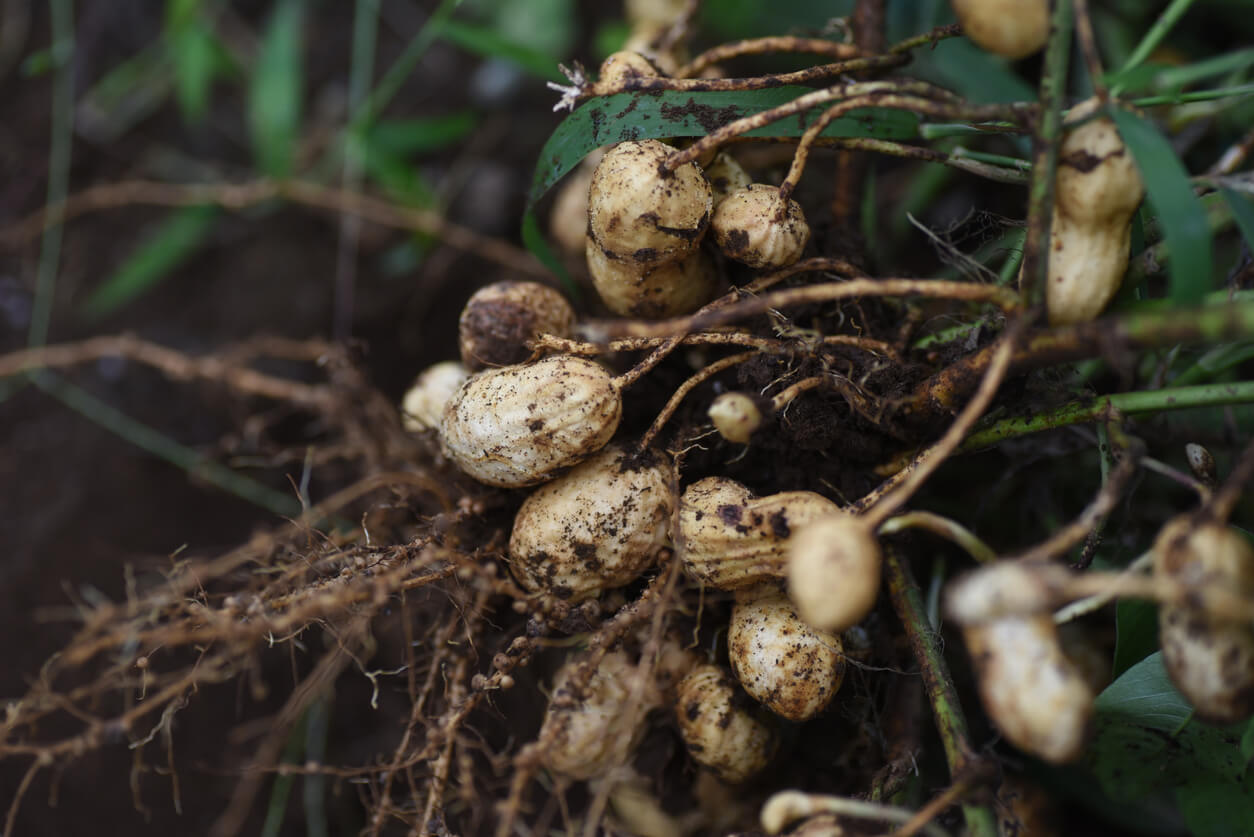 CAES News
CAES News
UGA Turfgrass
When the University of Georgia Bulldogs step between the hedges at Sanford Stadium, the grass on Dooley Field needs to look perfect. More importantly, it needs to help safeguard the health of athletes who compete on it. Gerald Henry plays a big role in the latter. The UGA Athletic Association’s endowed professor in environmental turfgrass leads a research team committed to creating sports fields that look good and perform well to limit the occurrence of injuries.


